Description
Hydralazine, commonly recognized under various brand names such as Apresoline, is a medication primarily used to treat high blood pressure and heart failure. As an antihypertensive, it plays a crucial role in managing conditions that could lead to heart disease, stroke, and other serious health problems. Available by prescription, hydralazine is offered in several forms, including oral tablets and injectables, catering to different medical needs and scenarios.

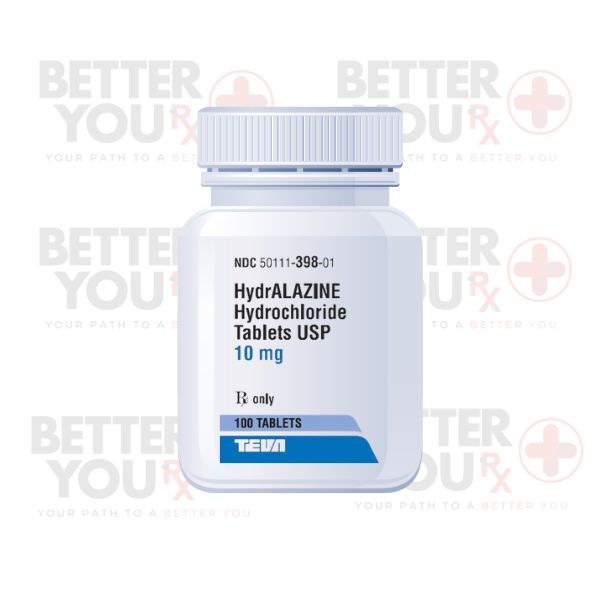

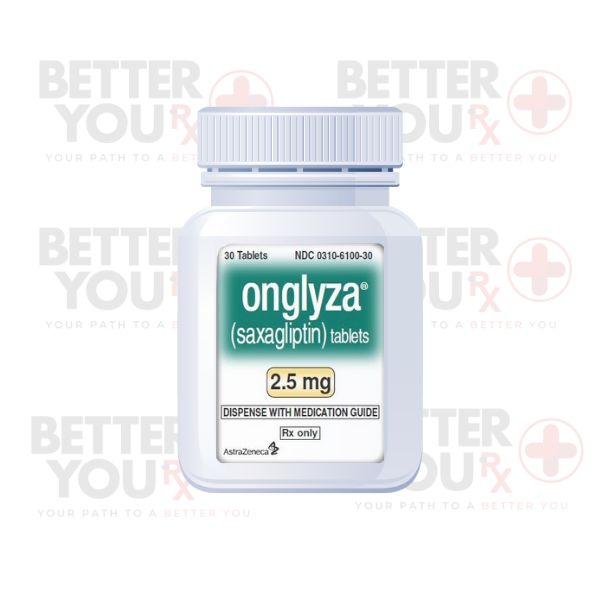
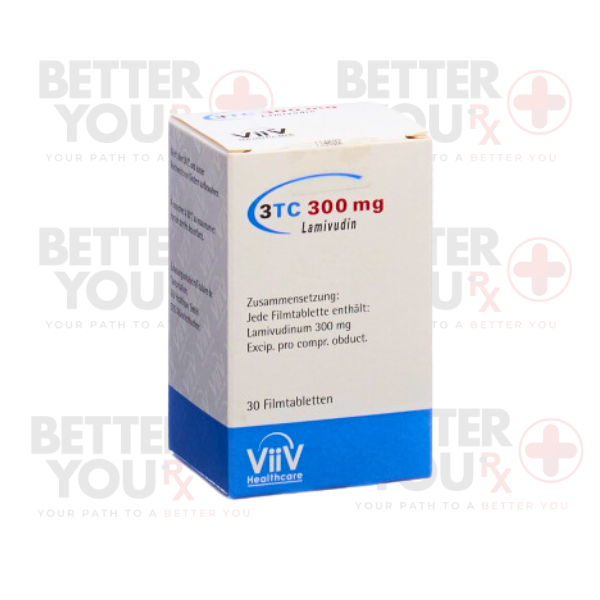
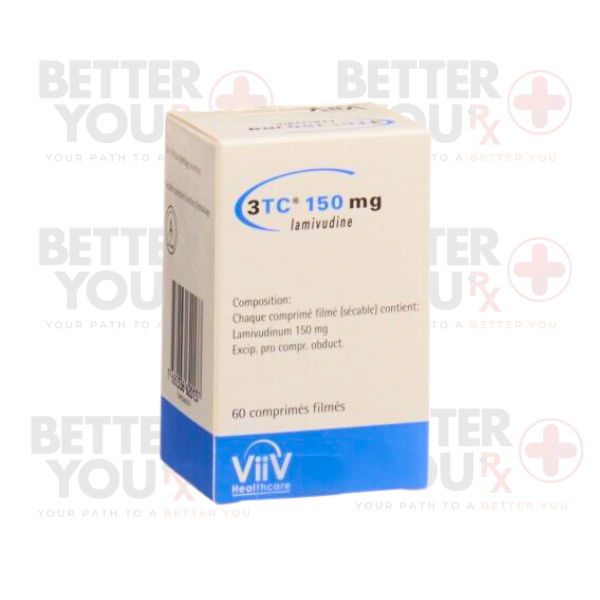
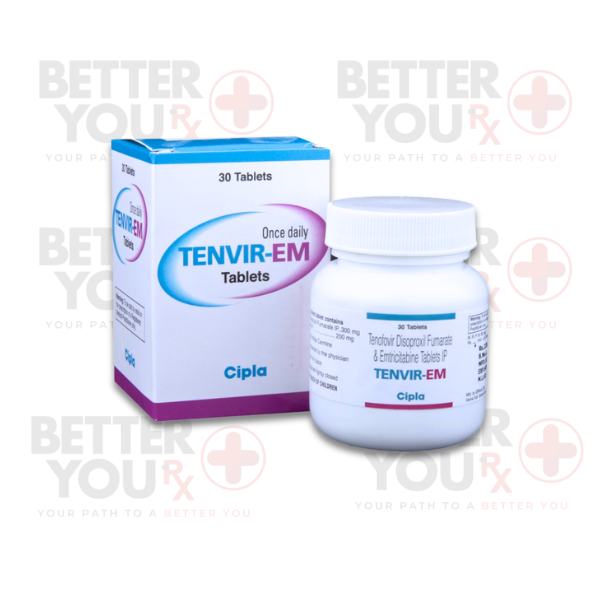
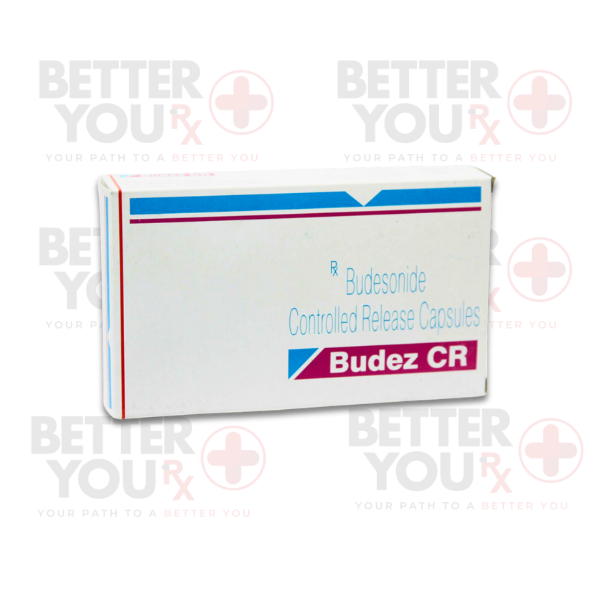
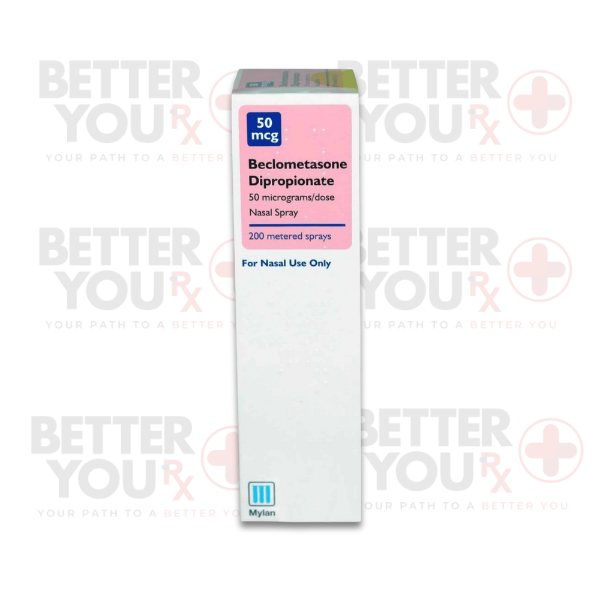
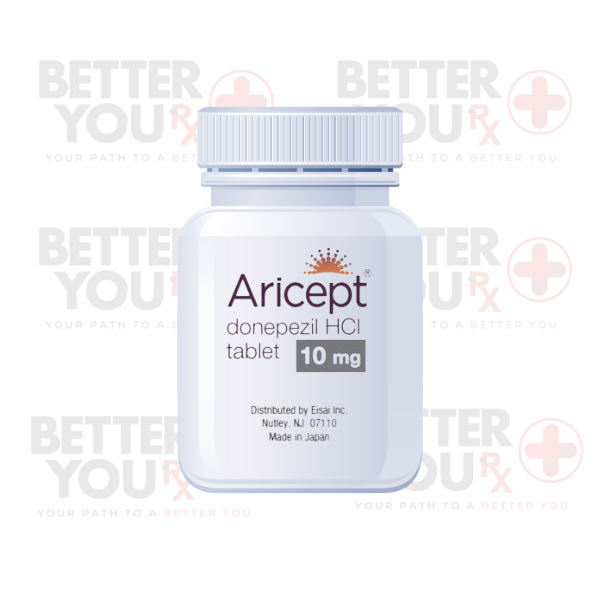
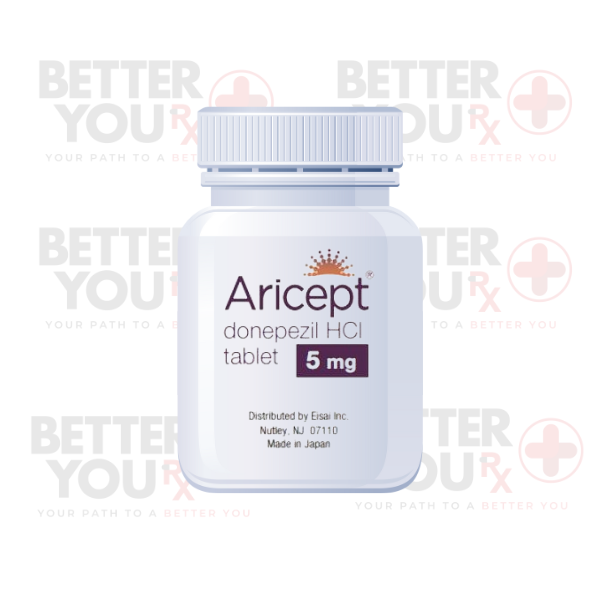

Reviews
There are no reviews yet.